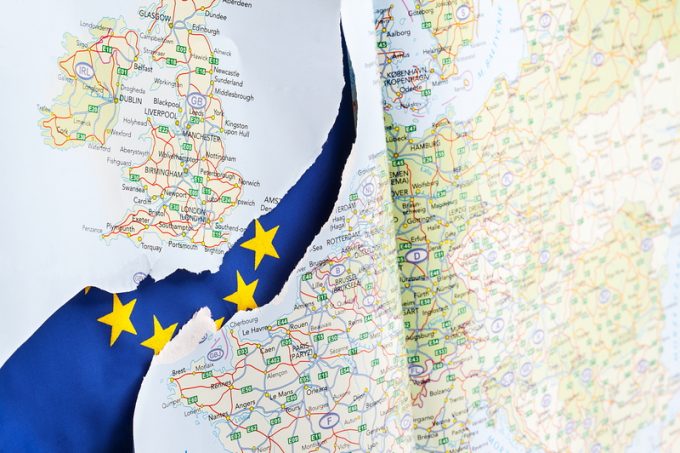Andreas Schwertfeger is new marine logistics sales director at Priority Freight
UK-based time-critical logistics solutions provider Priority Freight has appointed Andreas Schwertfeger (above) as its new ...

Increasing numbers of forwarders have announced they are “Brexit-ready”, but questions remain over how prepared companies can be, with last-minute talks on a free trade deal still in play.
A deal between the EU and UK is reportedly still hanging in the balance, as EC negotiator Michel Barnier warned this morning that the time left to conclude an agreement was now “just a few hours”.
This week, Priority Freight announced a string of measures, including an agreement with Jota Aviation to supply an ...
'Disastrous' DSV-Schenker merger would 'disrupt European haulage market'
'To ship or not to ship', the question for US importers amid tariff uncertainty
'Chaos after chaos' coming from de minimis changes and more tariffs
List of blanked transpac sailings grows as trade war heats up and demand cools
EC approves DSV takeover of DB Schenker
Shippers in Asia restart ocean shipment bookings – but not from China
Forto 'sharpens commercial priorities' as it lays off one-third of staff
India withdraws access for Bangladesh transhipments, in 'very harmful' decision
'Tariff hell' leaves industries in limbo – 'not a great environment to plan'
Temporary tariff relief brings on early transpacific peak season
Pre-tariff rush of goods from US to China sees air rates soar, but not for long
De minimis-induced ecommerce demand slump could cripple freighter operators
Asian exporters scramble for ships and boxes to beat 90-day tariff pause
Forwarders 'allowing the fox into the chicken run' by supporting 'hungry' carriers
Hapag 'took the bigger risk' when it signed up to Gemini, says Maersk
'Restoring America's maritime dominance' – stop laughing at the back of the class

Comment on this article